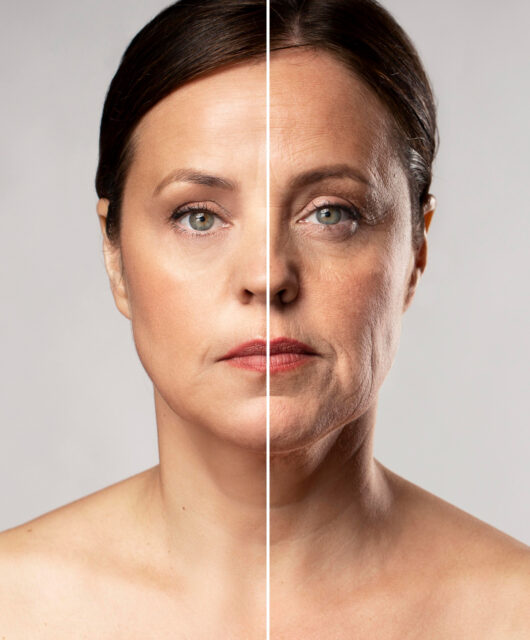What to Expect During a Stay at an Alcohol Rehab Center

Making the decision to go to rehab is a huge moment. With an estimated 14.8 million people in the US suffering from an alcohol use disorder, more and more people are realizing that they need help to address their problems.
But the thought of entering an alcohol rehab center is scary. People fear stigma and judgment from their family and friends and also worry about losing their job if their bosses find out.
So what can you expect if you go to rehab? Read on to find out more about the rehab experience and how to prepare yourself to start your journey towards recovery.
Table of Contents
What Happens at an Alcohol Rehab Center?
There are different types of rehab programs, offering either residential or outpatient therapy. What’s appropriate for you will depend on the severity of your issues and what sort of input you require.
Residential rehab facilities offer 24/7 support for people who need intensive help to recover from their alcohol dependence. There is no access to any substances or triggering material, and electronics are also often restricted.
The aim is to provide an environment free from distractions, triggers, and stress so that individuals can focus entirely on their own needs and recovery.
Rehab Methods
Therapy will play a key part in the recovery journey as a patient moves through the stages of acceptance and commitment to living a clean and sober lifestyle. Individual counseling can help to uncover the root causes of the addiction.
Group activities can help to improve self-esteem, while peer support helps patients to feel that they’re not alone. It’s inspiring to see successful recovery in others, and this can help to provide motivation along difficult stages of the recovery journey.
The Rehab Experience
You should expect to stay busy. Most rehab centers have a strong focus on keeping patients occupied, as constructive daily activity is likely to prevent relapse.
There’s also likely to be a strong focus on a balanced diet, exercise, and supervised use of appropriate medication. Retaining your physical health is a key part of the rehab process.
Medical input may be required in the early stages, to help manage the symptoms of alcohol withdrawal. Once the acute phase is over, the focus will switch towards teaching coping skills to help you to lead a sober and fulfilling life.
This might include learning about anger management, how to handle stress and triggers, and how to avoid substitute addictions. Advice on exercise, nutrition, employment, and money management may also be on offer.
How to Prepare for Going to Rehab
The thought of entering an alcohol rehab center is likely to be overwhelming, but there are some things you can pack to help make it easier. Many people like to use a journal to record their emotions throughout the rehab journey. You should also bring something comforting from home to help you get through the tough days.
It might be that you feel a residential program is not for you, in which case you could find out about outpatient programs instead. But the most important thing is to reach out for help, so you can become substance-free and improve your quality of life.
For other tips on how to live life to the fullest, check out the other health and wellness articles on the site.









